Description
Living Your Best Life provides guided self-help materials for a person with intellectual disabilities to work through alongside a supporter such as a family member, paid carer, or mental health professional. The tools and guidance help the individual identify what is important to them and move towards a life where worries and doubts do not stop them doing activities they enjoy or trying new things.
Each chapter includes separate sections for supporters and for the person with intellectual disabilities (which can be read to them if necessary). The workbook also includes a wide range of exercises, graded by difficulty so this can be matched to an individual’s specific abilities and challenges.
The workbook is based on principles of Acceptance and Commitment Therapy (ACT) and includes advice around accepting and managing common psychological challenges such as anxiety, low mood, anger and grief.
The originator of ACT, Steven C Hayes has endorsed Living Your Best Life. See Steve’s review on the reviews tab.
Audience
Family and caregivers of people with intellectual disabilities; care provider organisations, learning disability specialist clinicians including psychologists, nurses and other allied health professionals and students of these disciplines.
Details
Publisher: Pavilion Publishing and Media Ltd
ISBN: 9781803881959
Expected Publication Date: October 2022
Content
Accessible introduction
Supporter introduction
Structure of the book
1. Practice makes better
2. Struggling is normal
3. What are emotions?
4. What matters to you?
5. Connecting with others
6. Kindness to others
7. Being your own best friend
8. The tricky thing about thoughts
9. Being mindful
10. Opening up
11. Feeling low and what to do about it
12. Worries and feeling scared
13. Anger and what to do about it
14. Sorting out your problems
15. Feeling different from other people
16. Trauma
17. Top tips for a great life
18. Keeping it all going
Index of exercises
References
Author(s)
Jonathan Williams is a Principal Clinical Psychologist with NHS Wales. He has two decades of experience specialising in Intellectual Disabilities and has a particular expertise in ACT and related approaches, with a range of journal articles in that field. He sits on the UK and Ireland committee for the Association for Contextual Behavioural Science (ACBS), and he is also a national committee member of the BPS Faculty for People with Intellectual Disabilities.
Robert Jones is Honorary Professor of Clinical Psychology at Bangor University, UK, and a retired Consultant Clinical Psychologist. He was formerly Programme Director on the Bangor Clinical Psychology Training Programme and has held various senior positions in academia and the NHS over several decades.
He is the author of over one hundred peer reviewed publications and several books.

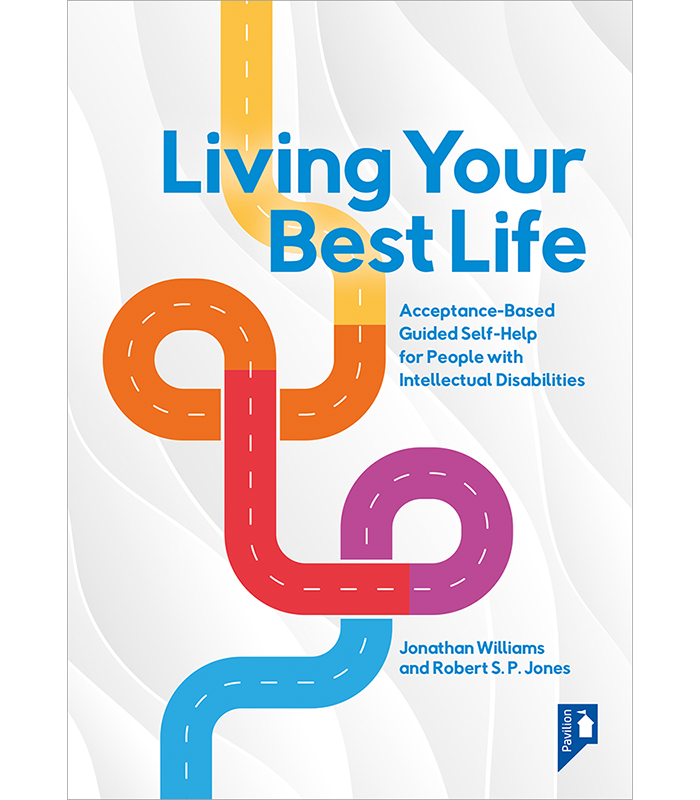
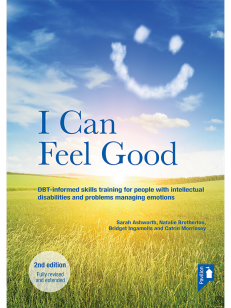
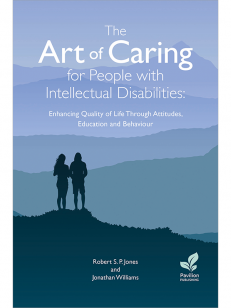
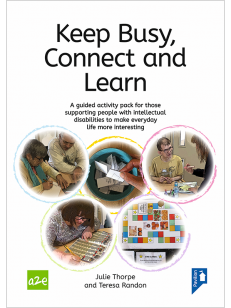
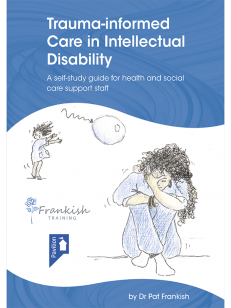
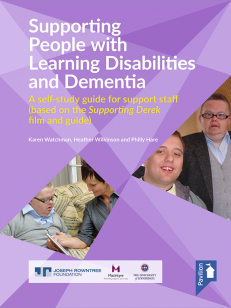
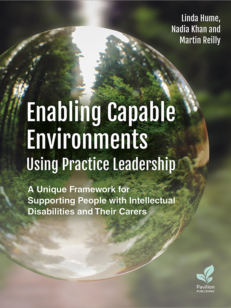
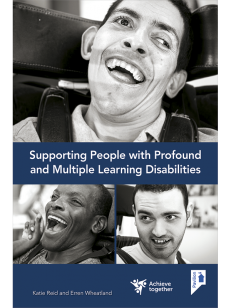
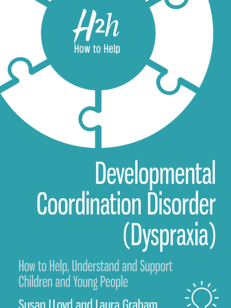
Louise McHugh, Acceptance and Commitment Therapy Trainer, Professor of Psychology UCD –
A book that will warm your heart. Living Your Best Life is a superb self help book by Jonathan Williams and Robert Jones for people who have intellectual disabilities. It is both a timely and necessary offering. Both these authors are experts in the field of intellectual disability and mental health with a wealth of experience working practically in the field. The text critically serves a group that are so often under served and overlooked. The book is written in a witty, open hearted and accessible way. It’s a joy to read and the examples and exercises are so helpful in orienting the reader towards as the title says ‘Living your best life’. The skills trained in the text in terms of managing thoughts and feelings are critical life skills that have been scientifically shown to be transformative for humans across all walks of life including those with intellectual disabilities. I cannot recommend this book enough for any loved ones or people you are working with that have an intellectual disability. The book will certainly support them to thrive.
Professor Nigel Beail, South West Yorkshire Partnership NHS Foundation Trust & University of Sheffield –
Jonathan Williams and Robert Jones have taken acceptance and commitment therapy (ACT) and adapted its key tenets for use with people who have intellectual disabilities. ACT is one of the new wave psychological therapies and is typically used as a one-to-one verbal therapy. The authors have carefully adapted this to a guided self-help approach. The person with intellectual disabilities is guided through the chapters by a supporter which can be a relative, friend, paid supporter or mental health professional. It can be used with the person in their home, a community or outpatient setting.
It is not a substitute for the treatment of mental health concerns but an approach to help the person live each day in a way that matters to them and help them be the best they can be. So, the focus is to help improve psychological wellbeing and quality of life. Working through the book the supported person will be helped to better understand emotions, identify what matters to them, and improve interpersonal relations. They are then taught skills to help them better cope with living in the world and to get the best out of it. The guide can be used flexibly in accordance with the person’s needs. For me the next step would be to evaluate the impact this can have on people’s lives, and I look forward to seeing the results.
Dr Nic Hooper, Lecturer of Psychology, School of Psychology, Cardiff University –
Living Your Best Life is a wonderful book. I found myself smiling many times while reading it and, in truth, I’ve been trying to analyse why. I think there are several factors that likely caused this persistent experience of happiness in me, and I’m going to try to articulate those below.
The book is aimed at such a deserving population of people. Those with intellectual disabilities, and their families / supporters, are often left behind when it comes to psychological support. The challenge then becomes a question of how to meet demand when there is a lack of resource. A book is an easy answer to that question, however, it’s really not an easy thing to do; to create a self-help book for this population that will have a truly meaningful impact. I think the biggest reason for my smiles is because this book managed to do just that. It’s packed with practical and feasible exercises, the ’Supporter Notes’ sections do a brilliant job of describing why exercises are included and what they hope to achieve, and the tone of the writing is perfect (it’s friendly and supportive and kind and compassionate and understanding, which are the qualities that a book like this deserves).
Immediately after completing the book, it struck me how Dr Williams and Professor Jones are genuine experts about both the population and the psychological content they present. Not only that but there is a real passion, and a love for this work, that consistently shines through. Whomever takes a punt on this book will be in good hands. In fact, I’d go so far as to say that, in my opinion, those with intellectual disabilities (and their families / supporters) who engage with Living Your Best Life will very likely experience improvements in their quality of life, and feelings of fulfilment and meaning.
Steven C. Hayes, Ph.D. Foundation Professor of Psychology University of Nevada, Originator of Acceptance and Commitment Therapy –
We know that ACT and psychological flexibility can be of use for people with intellectual disabilities but until now no one had created a self-help guide for this population and their supporters. Finally, that bridge has been crossed in an excellent book that covers all of the essentials. The book is well written, gentle, and clear. It always treats readers with respect and invites involvement; it manages to simplify without being simplistic. I can highly recommend this much needed book and I’m so pleased to know that it is available.